- Учителю
- Раздаточные материалы на тему: School and Education
Раздаточные материалы на тему: School and Education
Children in Britain start school when they are five. They stay
at school until they are 16 or older. Children attend nursery
school from the age of about 3, but these schools are not
compulsory. Compulsory education begins at the age of 5, when
children go to primary school. Primary education lasts for six
years. Then pupils go to secondary school.
They study subjects: English, mathematics, science, geography,
history, art, music, physical education and a foreign language.
Most secondary schools teach Spanish, German, Italian and Russian.
Pupils take exams at the age of 7, 11 and 14. After 5 years of
secondary education they take the GCSE examination. Secondary
education ends at 16. Some pupils stay at school and other pupils
go to colleges. Higher education begins at 18 and lasts 3 or 4
years.
Some parents send their children to private schools. State
education is free.
Children in Britain start school when they are five. They stay
at school until they are 16 or older. Children attend nursery
school from the age of about 3, but these schools are not
compulsory. Compulsory education begins at the age of 5, when
children go to primary school. Primary education lasts for six
years. Then pupils go to secondary school.
They study subjects: English, mathematics, science, geography,
history, art, music, physical education and a foreign language.
Most secondary schools teach Spanish, German, Italian and Russian.
Pupils take exams at the age of 7, 11 and 14. After 5 years of
secondary education they take the GCSE examination. Secondary
education ends at 16. Some pupils stay at school and other pupils
go to colleges. Higher education begins at 18 and lasts 3 or 4
years.
Some parents send their children to private schools. State
education is free.
Children in Britain start school when they are five. They stay
at school until they are 16 or older. Children attend nursery
school from the age of about 3, but these schools are not
compulsory. Compulsory education begins at the age of 5, when
children go to primary school. Primary education lasts for six
years. Then pupils go to secondary school.
They study subjects: English, mathematics, science, geography,
history, art, music, physical education and a foreign language.
Most secondary schools teach Spanish, German, Italian and Russian.
Pupils take exams at the age of 7, 11 and 14. After 5 years of
secondary education they take the GCSE examination. Secondary
education ends at 16. Some pupils stay at school and other pupils
go to colleges. Higher education begins at 18 and lasts 3 or 4
years.
Some parents send their children to private schools. State
education is free.
Children in Britain start school when they are five. They stay
at school until they are 16 or older. Children attend nursery
school from the age of about 3, but these schools are not
compulsory. Compulsory education begins at the age of 5, when
children go to primary school. Primary education lasts for six
years. Then pupils go to secondary school.
They study subjects: English, mathematics, science, geography,
history, art, music, physical education and a foreign language.
Most secondary schools teach Spanish, German, Italian and Russian.
Pupils take exams at the age of 7, 11 and 14. After 5 years of
secondary education they take the GCSE examination. Secondary
education ends at 16. Some pupils stay at school and other pupils
go to colleges. Higher education begins at 18 and lasts 3 or 4
years.
Some parents send their children to private schools. State
education is free.
Children in Britain start school when they are five. They stay
at school until they are 16 or older. Children attend nursery
school from the age of about 3, but these schools are not
compulsory. Compulsory education begins at the age of 5, when
children go to primary school. Primary education lasts for six
years. Then pupils go to secondary school.
They study subjects: English, mathematics, science, geography,
history, art, music, physical education and a foreign language.
Most secondary schools teach Spanish, German, Italian and Russian.
Pupils take exams at the age of 7, 11 and 14. After 5 years of
secondary education they take the GCSE examination. Secondary
education ends at 16. Some pupils stay at school and other pupils
go to colleges. Higher education begins at 18 and lasts 3 or 4
years.
Some parents send their children to private schools. State
education is free.
7 класс
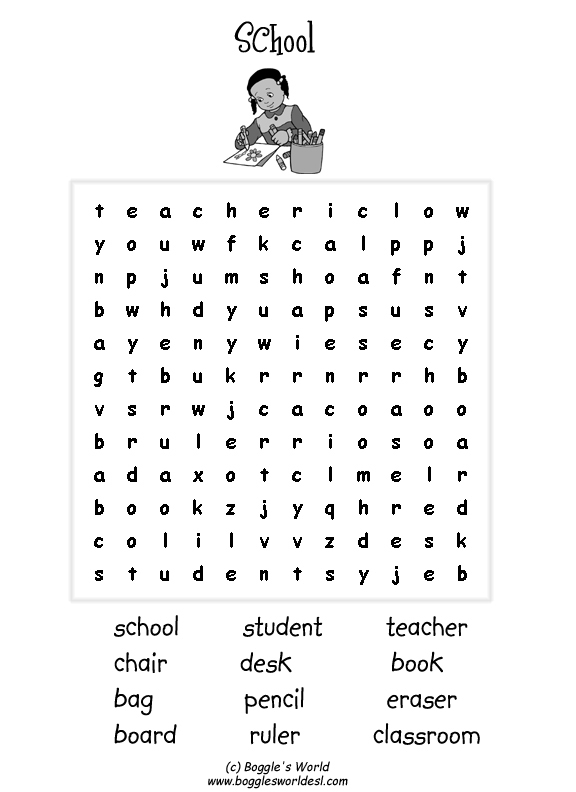
7 класс

6 класс
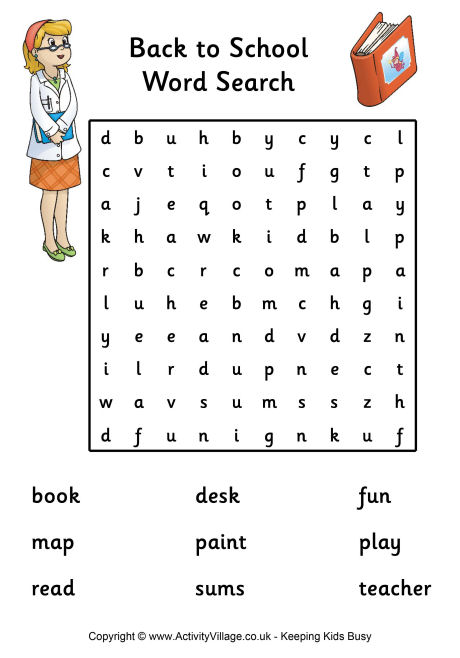
6 класс

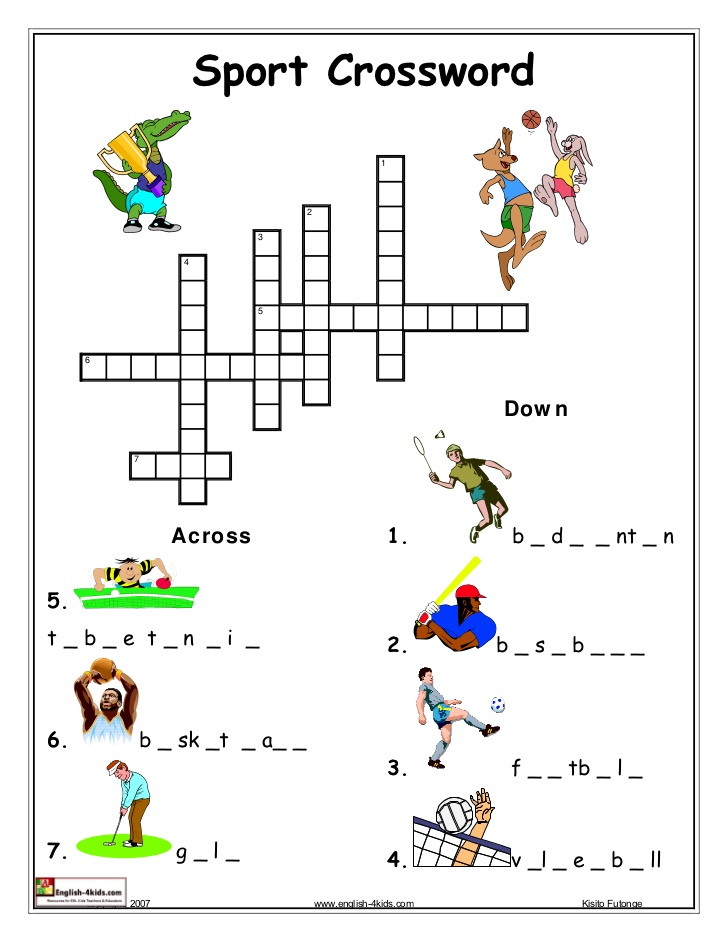

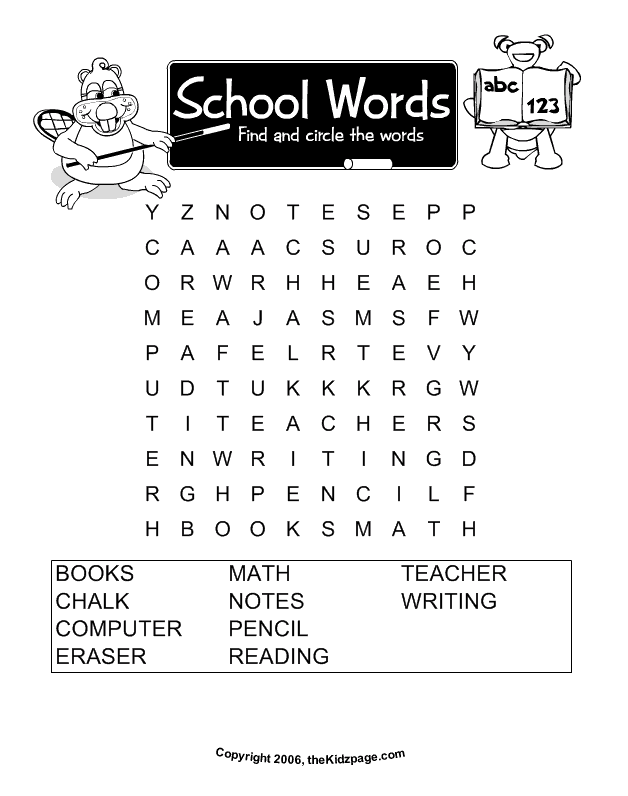

Fill in the missing words.
1. State schools provide _______ education in Great Britain.
2. There are no ________ in comprehensive schools in Great Britain.
3. At the end of each stage pupils in Great Britain have _______.
4. Secondary education in Great Britain and in Russia is _______.
5. If pupils wants to study at a grammar school, they have to _______.
6. Kindergartens, nursery classes are ______ in many countries.
7. Parents pay for education in ______.
8. All schools in Great Britain follow the same ______.
9. After finishing school in Russia pupils get ______.
10. To enter the University in the USA students have to take ________.
- - - - - - - - - - - - - - - - - - - - - - - - - - - - - - - - - - - - - - - - - - - - - - - - - - - - - - - -
Fill in the missing words.
1. State schools provide _______ education in Great Britain.
2. There are no ________ in comprehensive schools in Great Britain.
3. At the end of each stage pupils in Great Britain have _______.
4. Secondary education in Great Britain and in Russia is _______.
5. If pupils wants to study at a grammar school, they have to _______.
6. Kindergartens, nursery classes are ______ in many countries.
7. Parents pay for education in ______.
8. All schools in Great Britain follow the same ______.
9. After finishing school in Russia pupils get ______.
10. To enter the University in the USA students have to take ________.
- - - - - - - - - - - - - - - - - - - - - - - - - - - - - - - - - - - - - - - - - - - - - - - - - - - - - - - -
Fill in the missing words.
1. State schools provide _______ education in Great Britain.
2. There are no ________ in comprehensive schools in Great Britain.
3. At the end of each stage pupils in Great Britain have _______.
4. Secondary education in Great Britain and in Russia is _______.
5. If pupils wants to study at a grammar school, they have to _______.
6. Kindergartens, nursery classes are ______ in many countries.
7. Parents pay for education in ______.
8. All schools in Great Britain follow the same ______.
9. After finishing school in Russia pupils get ______.
10. To enter the University in the USA students have to take ________.
Fill in the missing words.
1. State schools provide _______ education in Great Britain.
2. There are no ________ in comprehensive schools in Great Britain.
3. At the end of each stage pupils in Great Britain have _______.
4. Secondary education in Great Britain and in Russia is _______.
5. If pupils wants to study at a grammar school, they have to _______.
6. Kindergartens, nursery classes are ______ in many countries.
7. Parents pay for education in ______.
8. All schools in Great Britain follow the same ______.
9. After finishing school in Russia pupils get ______.
10. To enter the University in the USA students have to take ________.
SCHOOL RULES
Exercise 1
Complete the table
Exercise 2
Write the words from ex. 1 below the pictures.
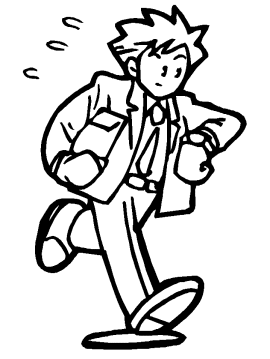
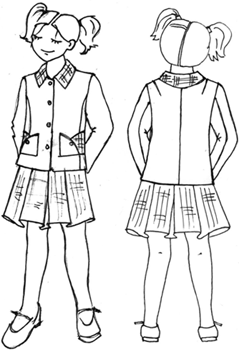
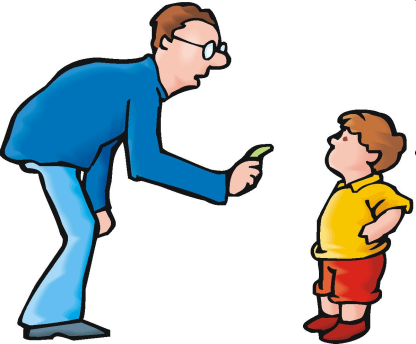
-
______________ 2. _______________ 3. ______________
______________ _______________ ______________
Exercise 3
Complete the sentences
-
Raise your _____________.
-
___________ in school.
-
Be _________.
-
Keep your _________ and _________ to yourself.
-
__________ up all the time.